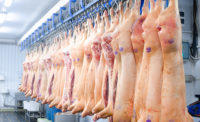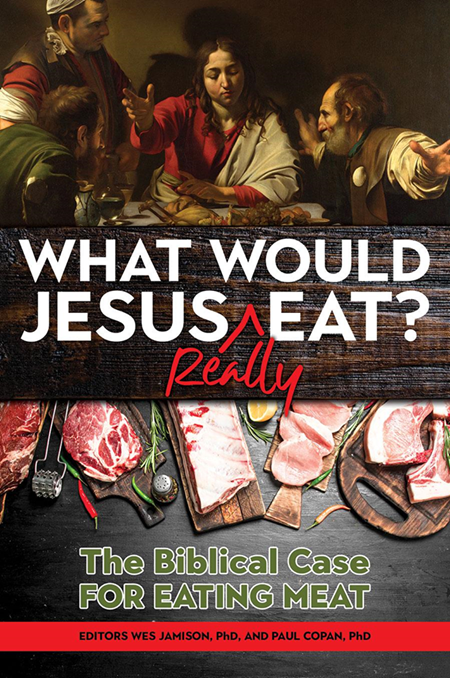After all, no one's smuggled in a hidden camera into your business to make sure you're putting your bratwurst in the smokehouse in a humane manner. Nobody has ever complained to your customers that you keep your corned beef in packages that don't allow for any movement. Yet for companies who handle the live animal side of the business, these are ongoing problems.
Lately, pork producers have been the target of animal rights groups armed with hidden cameras, and gestation crates are to blame. Activists are determined to end their usage, and the method they've used as of late is to bypass the pork producers, go straight to the end users and convince them of the cruelty of the crates. The results have been incredibly successful, too. McDonald's, Costco, Kmart and CKE Restaurants are just a few companies that will no longer accept pork from producers that use gestation crates or are calling for their suppliers to phase out the use. The one large company that has not of this writing agreed to any such deal is Walmart. Guess whose supplier was the latest to be targeted by a hidden camera video? Walmart. The lesson here is, if you supply pork to Walmart and use gestation crates with your sows, you'll have an undercover worker among your ranks, if you haven't already had one.
The ultimate problem with gestation crates is that the public will never understand the need for them. There are several areas where the meat industry ably can defend itself. Groups like AMI are quick to respond whenever some study claims that eating meat will give you every kind of cancer imaginable, for example. But the areas that are almost unwinnable are food safety and animal welfare.
The meat industry can argue that testing for additional forms of E. coli is costly and doesn't solve the problem of preventing contamination in the first place. The public, though, sees the industry as fighting against food safety. Pork producers can state that gestation crates are used for the safety of the animals and that the American Veterinary Medical Association supports their use. The public sees pigs crammed into tiny cages, and any attempts to explain why it's for the best will fall on deaf ears.
Pork producers are then left with two alternatives. One, they come up with an accepted alternative to gestation crates that protects the animals while giving them more mobility, thereby satisfying the needs of the producers while taking ammunition away from animal rights groups. Two, they switch to group housing or pasture raising and wait for the next undercover video showing why that is inhumane.
Either way, gestation crates some day are going to be a thing of the past. The choice is whether the industry makes the change, or will it be forced to change.
Sam Gazdziak







Report Abusive Comment